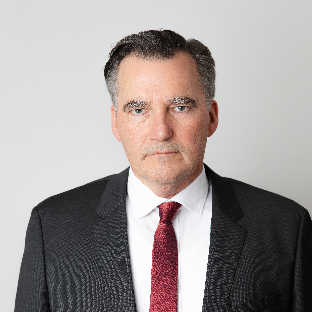Nearly 25 percent of adult Australians claim their personal digital data has been ‘hacked’ or stolen amid widespread concerns after a spate of damaging cyber-attacks.
One in five Australians have cancelled their online subscriptions in the past month alone, underscoring the economic vandalism caused by cyber criminals behind the Optus and Medibank data breaches.
For the first time a national survey of 1,200 people by SEC Newgate has revealed the level of public concern over the safety of personal digital data. And the results show younger people aged 18 to 34 are more likely to take action to reduce the risk of further data damage.
As the Albanese Government prepares to dramatically increase fines for data and privacy breaches, 23 percent of those surveyed say they have “definitely” had their personal data hacked or stolen.
Another 19 percent say they believe this may have happened to them, suggesting nearly half the population could have been the victims of costly cyber-attacks and data breaches.
“It is clear that millions of Australians have suffered crippling cyber-attacks and are responding in an effort to protect themselves,” SEC Newgate Research partner David Stolper said.
“The good news is that nearly half have sought information in the past month on how to protect themselves from future data breaches. There is a clear opportunity for governments and industry to fill this need and restore public confidence in the digital economy.”
According to the national survey, 71 percent claim they have changed their online password in the last month while 64 percent have set-up two-factor authentication in a bid to reduce the risk of being hacked.
Of the 21 percent who have cancelled online subscriptions, younger people aged 18 to 34 per cent are more likely (28 percent) to have acted compared to just 16 percent of those aged 50-plus.
And people aged 35 to 49 percent are more likely to have suffered a data breach or been hacked (52 percent) compared to 47 percent of those aged 18 to 34 and those 50-plus (33 percent).








